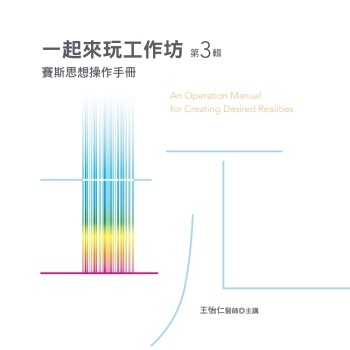This book analyzes the purpose and relationship between the different elements of the Toyota Production System (TPS) and how they add up to an economic system rather than just a production system that brings engineering and managerial solutions to businesses. It argues how TPS can be viewed as a science as opposed to a tool-based technique.
Our society faces unprecedented economic, social, and environmental challenges. Thankfully, TPS offers solutions. These solutions are born out of Toyota’s dissatisfaction with simple cost-benefit analyses and trade-offs. It challenges the antiquated model of economies of scale and radical individual asset efficiency. The Toyota Production System offers technical and managerial innovations that eliminate pre-existing financial, socio-economic, and environmental contradictions. The result is congruency between several factors and agents of our society that have conflicted in the past.
Specifically, TPS does the following:
- Financially, TPS creates congruency between the Income Statement and the Statement of Cash Flow by pursuing total instead of individual efficiency.
- Socio-managerially, TPS reconciles the creative nature of people with the mundane requirements of modern industrial work by re-introducing craftsmanship into industrial operation.
- Economically, TPS lessens the conflicts between economic growth and environmental stewardship by eliminating, unevenness, overburden, and waste instead of only chasing economies of scale.
These innovations bring financial benefits to the corporation, social benefits to the workers, and economic and environmental benefits to society at large. Each benefit supports the others as opposed to itself individually. The result is true instead of apparent efficiency. This is measurable, repeatable, and worth making into a scientific discipline, which can be taught and applied more widely not just to business haphazardly, but systematically to the broader aspects of our economies.











